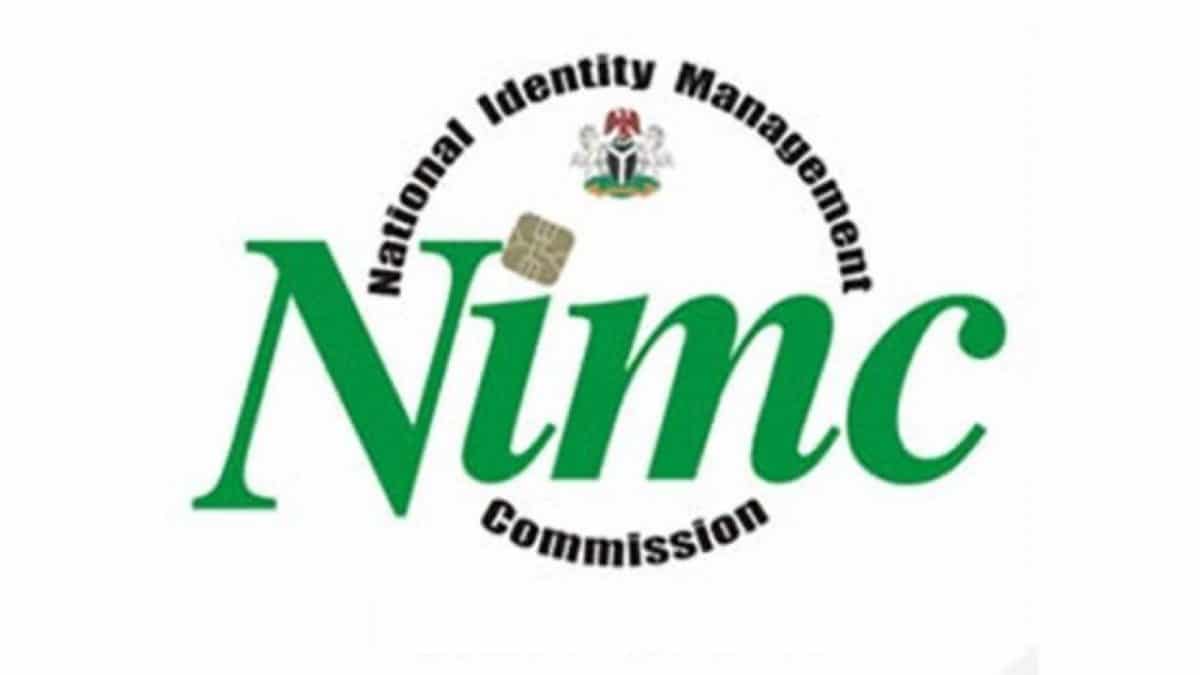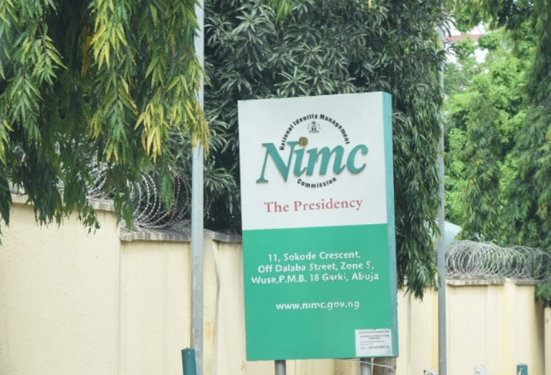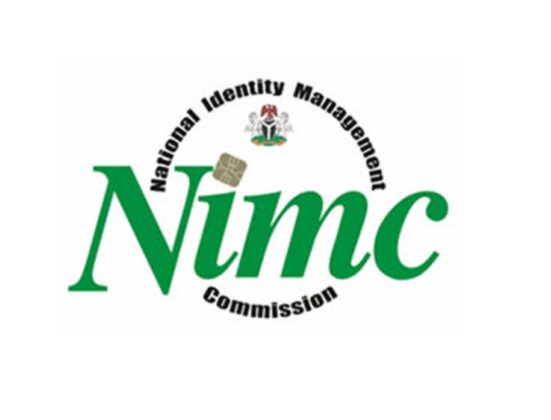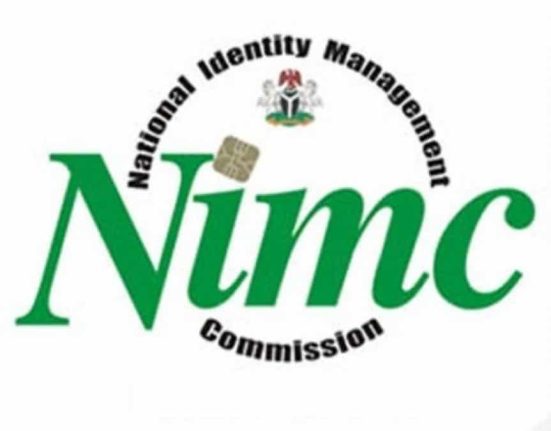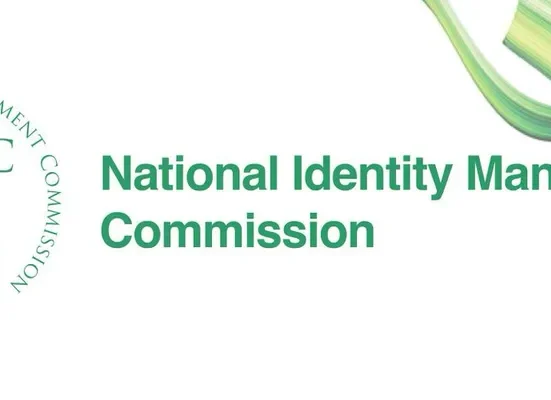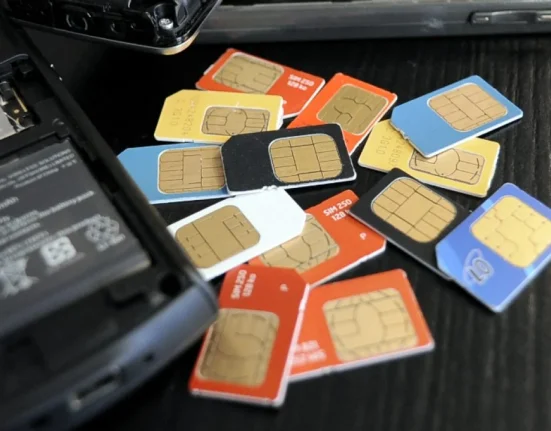The National Identity Management Commission (NIMC) has issued a strong warning to Nigerians, urging them to resist the temptation of selling their National Identification Number (NIN) or any related personal data for monetary gains, no matter how small. This advisory follows disturbing reports that some individuals are being lured into parting with sensitive personal information for as little as ₦2,000.
According to the NIMC, the increasing incidents of data trading pose a serious threat to national security and individual privacy. Selling one’s NIN or any part of their personal data can expose them to identity theft, financial fraud, and other forms of cybercrime. The Commission emphasized that the NIN is not just a random number, but a unique identifier that connects every citizen to critical records, including their bank accounts, mobile SIM registration, voter details, and even health records.
In a recent statement made available to the public, the NIMC reiterated that data privacy is a constitutional right and should not be compromised under any circumstance. “We urge Nigerians not to fall for the deceitful offers of unscrupulous agents and fraudsters who seek to buy their NINs or biometric data. The consequences can be dire, both for the individuals involved and the country at large,” the Commission warned.
It also reminded the public that the NIN is linked to several national initiatives, including financial services through the Bank Verification Number (BVN), telecom services via SIM-NIN integration mandated by the Nigerian Communications Commission (NCC), and voter accreditation by the Independent National Electoral Commission (INEC). Compromising this single identifier could lead to full access by criminals to the owner’s digital and physical identity.
The Commission noted that in many cases, unsuspecting citizens who sell or submit their NINs to unauthorized agents find themselves implicated in crimes they know nothing about. This has led to arrests, frozen bank accounts, and wrongful detentions in some instances. It emphasized that no amount of money is worth the lifelong implications of being a victim or tool of identity fraud.
NIMC, under the supervision of the Ministry of Interior, continues to strengthen the integrity of the country’s digital identity framework and work with security agencies to track and prosecute those engaged in the illegal trade of personal data. It warned that those found guilty of data trafficking may face jail terms and fines as provided under the Nigerian Data Protection Act, 2023.
The Commission urged the public to report any suspicious requests for NIN or biometric information, and to avoid disclosing their NINs to unverified third parties, whether physically or online. Nigerians are also encouraged to visit authorized NIMC centers or partners for any official updates or requests related to their NIN.
While ₦2,000 might seem like a lifeline to many struggling Nigerians, NIMC insists that no immediate financial need should be prioritized above one’s long-term safety and digital identity. The cost of recovery, legal implications, and emotional stress, the agency says, far outweigh any short-term benefit.

